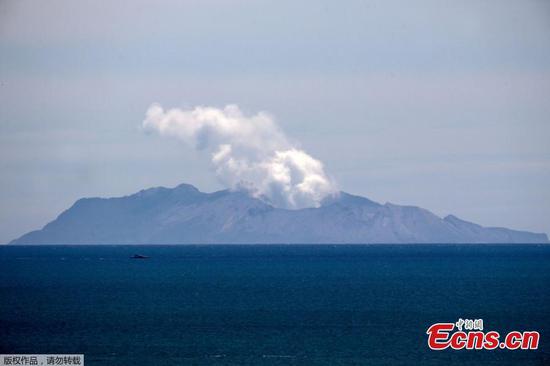The Pentagon said Thursday that the U.S. military tested a ground-launched, intermediate-range ballistic missile, which was previously banned by the Intermediate-Range Nuclear Forces (INF) Treaty that Washington exited.
The U.S. Department of Defense said in a statement that the U.S. Air Force, in partnership with the Strategic Capabilities Office, at 8:30 a.m. Pacific Time (0030 GMT) Thursday conducted a flight test of a prototype conventionally-configured ground-launched ballistic missile from Vandenberg Air Force Base, California.
The test missile flew over 500 km before it terminated in the open ocean, said the statement.
"Data collected and lessons learned from this test will inform the Department of Defense's development of future intermediate-range capabilities," it added.
The ballistic missile is the second weapon the Pentagon has tested that had previously been banned by the INF treaty. The U.S. military in August flight-tested a ground-launched version of the Navy's Tomahawk cruise missile.
In August, the United States and Russia formally withdrew from the INF treaty after accusing each other of violating the landmark arms control deal. The treaty, signed in 1987 between former Soviet Union and the United States, prohibited land-based nuclear and conventional ballistic and cruise missiles with ranges of 500 to 5,500 km.
U.S. Secretary of Defense Mark Esper has said that the United States will fully develop ground-launched conventional missiles after withdrawing from the treaty.
Russian Foreign Minister Sergey Lavrov restated Tuesday in Washington that Russia will not deploy weapon systems banned by the INF treaty up until the point where the U.S. similar systems appear.

















































